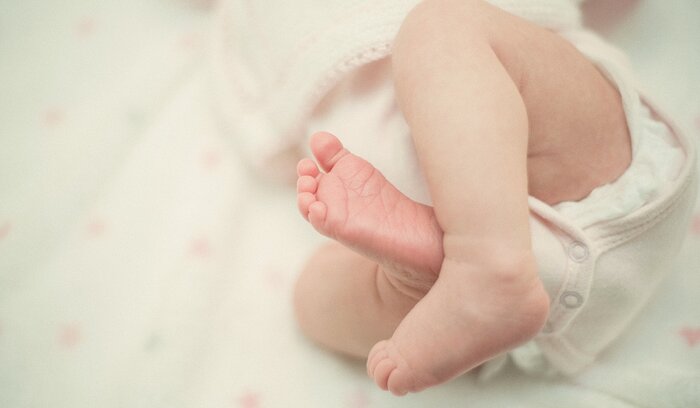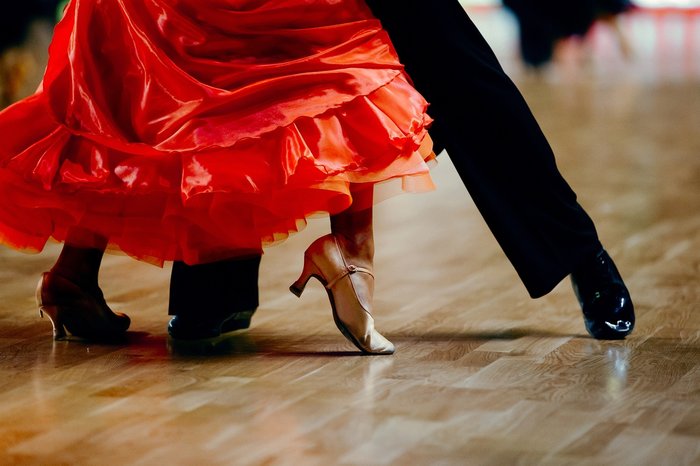
Appanage
[AP-ən-ij]
Part of speech: noun
Origin: French, early 17th century
1.
[Historical] a gift of land, an official position, or money given to the younger children of kings and princes to provide for their maintenance.
2.
A necessary accompaniment.
Examples of Appanage in a sentence
"All the prince’s children received an appanage when they reached adulthood."
"Many programs consider microbiology an appanage to organic chemistry."
About Appanage
This word originates from French, based on medieval Latin “appanare,” meaning “provide with the means of subsistence.” Comes from “ad-,” meaning “to” and “panis,” meaning “bread.”
Did you Know?
In early 2020, the Duke and Duchess of Sussex, Prince Harry and Meghan Markle, announced they were stepping back from their official royal duties and moving across the pond. As a result, some of their appanages are no longer provided by the crown. Harry’s position as captain general of the Royal Marines and other military-related titles reverted back to the queen before being distributed among other royal family members. Meghan was stripped of her role as patron of Britain’s National Theatre and Association of Commonwealth Universities. The couple agreed to no longer receive public funds for their work or use the title “royal highness.” However, they retain the titles of duke and duchess, and Harry is still sixth in line to the throne.








